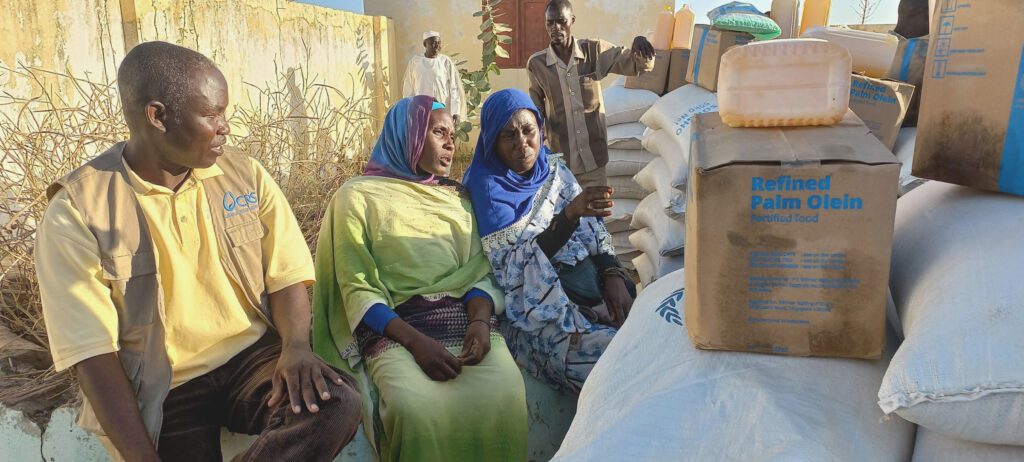

The current Sudan crisis, an armed conflict between two generals―army chief Abdel Fattah al-Burhan and Mohamed Hamdan “Hemedti” Dagalo, head of the paramilitary Rapid Support Forces―began a year ago today. It’s roots, however, go much further back to the complex legacies of colonialism, including misdrawn frontiers and frequent foreign meddling, and the ethnic tensions they have fostered and fanned.
Within a week of the start of the fighting, Pope Francis was inviting the faithful to pray for the Sudanese people, a call that Development and Peace ― Caritas Canada heeded with a Rosary for peace in Sudan on May 27, 2023.
In November 2023, the Holy Father addressed “a heartfelt appeal to local leaders to facilitate access to humanitarian aid and, with the contribution of the international community, to work in search of peaceful solutions.”
Sudan crisis: one year on
Now, the pontiff’s plea has been echoed in a joint statement issued by a group of civil society organizations, including Development and Peace ― Caritas Canada, Caritas Africa, Caritas Internationalis, CAFOD, Catholic Relief Services and the Jesuit Refugee Service.
The statement draws attention to the disastrous consequences of the war, which include 15,000+ deaths in hostilities, widespread human rights violations, the displacement of millions of people and threat of starvation faced by millions of others. It also calls for much more aid funding, the establishment of cross-border humanitarian corridors and an urgent ceasefire.

